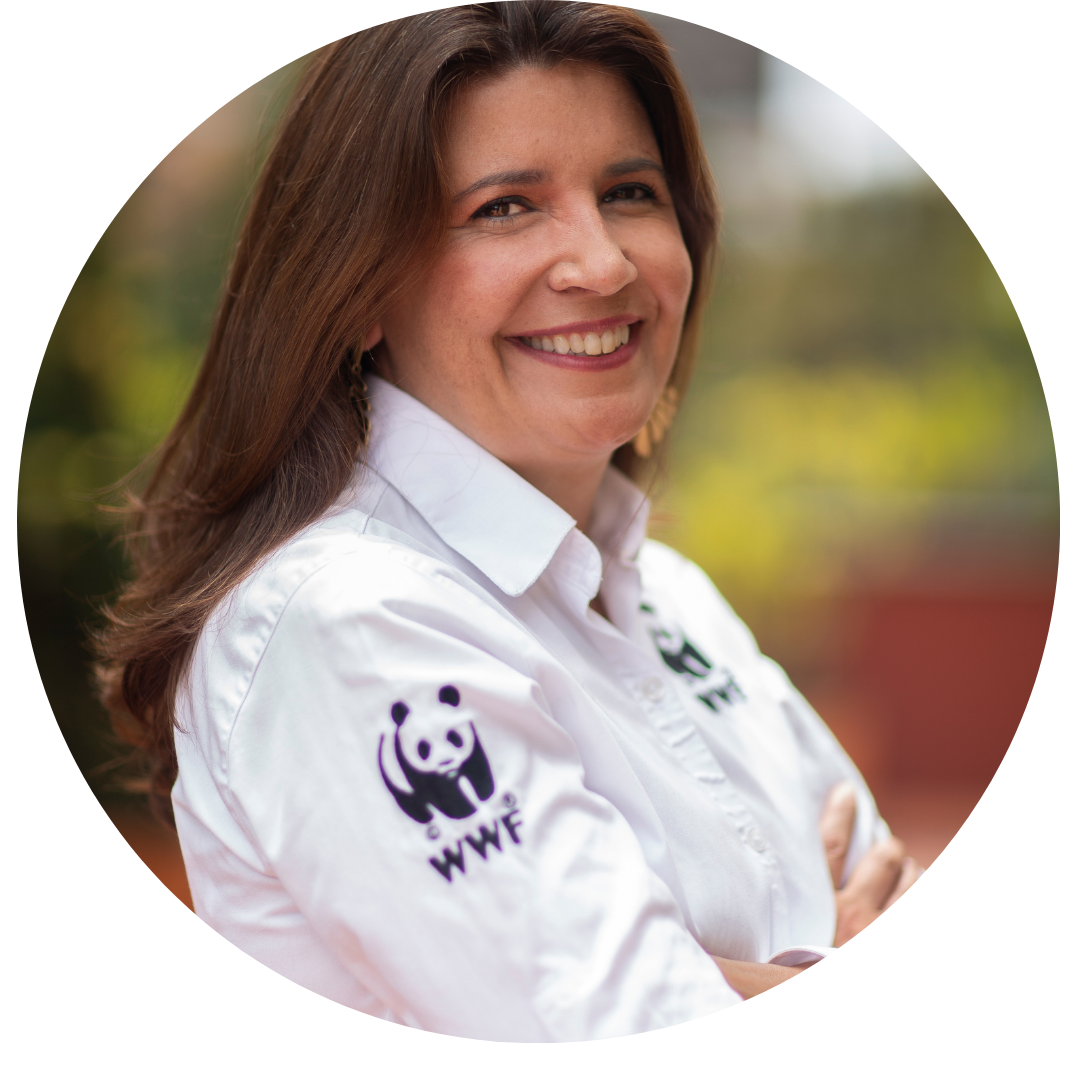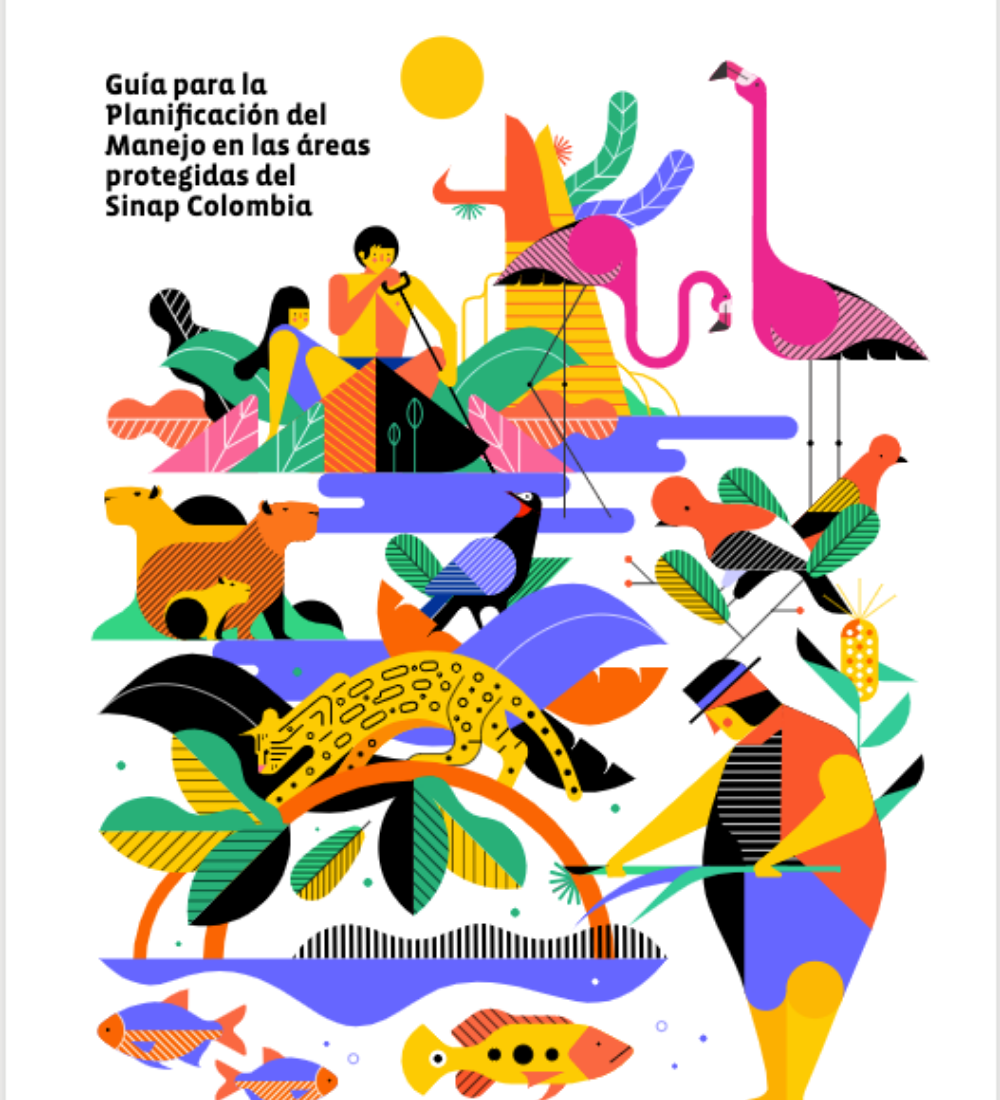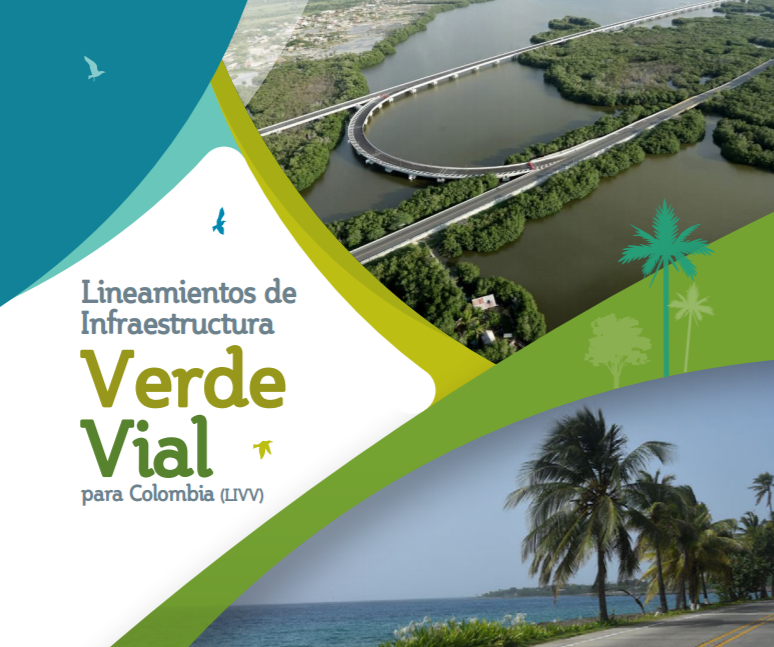The WWF is run at a local level by the following offices...
- WWF Global
- Adria
- Argentina
- Armenia
- AsiaPacific
- Australia
- Austria
- Azerbaijan
- Belgium
- Bhutan
- Bolivia
- Borneo
- Brazil
- Bulgaria
- Cambodia
- Cameroon
- Canada
- Caucasus
- Central African Republic
- Central America
- Central Asia
- Chile
- China
- Colombia
- Croatia
- Democratic Republic of the Congo
- Denmark
- Ecuador
- European Policy Office
- Finland
Dear Friends
We are living a critical moment for humanity marked by the rapid destruction of nature, climate change, and vast social inequality. These phenomena are making it increasingly hard for us to achieve sustainable development for everyone’s benefit. However, we can still generate the change we need if we work together with determination, since 2021 marks the beginning of a decade of action to change our relationship with nature. This is a period in which governments, development and multilateral agencies, communities, non-governmental organizations, businesses, guilds, and citizens have the responsibility of finding, financing, and implementing nature-based solutions that allow us to face these global, national, and local challenges.
The new global scenario—derived from the current sanitary, economic, and social situation—has galvanized greater commitment from society, businesses, and the banking sector concerning the climate crisis and the loss of biodiversity and ecosystems. This momentum helps us act with determination, opening new roads to face these challenges.
In line with this context, in 2021 we updated our Strategic Framework with an ambitious vision for 2030—reverting the trend on biodiversity loss, halving greenhouse gas emissions, and recovering ecosystems to guarantee a nature-positive future for nature, wellbeing for people, and reduced climate risks.
This vision incorporates the challenges of integrating global agendas on food production, climate change, and biodiversity, since they are inextricably linked and will define the future of the planet. Our Strategic Framework also includes comprehensive decisions and solutions based on nature and communities to encourage a regenerative economy that emboldens sustainability and social inclusion.
At WWF, we are committed to promoting, summoning, and collaborating with courage in the search of comprehensive and long-lasting solutions guided by the principles that characterize each action and step we take as an organization. That is why this year we endorsed our values at the global level, and WWF Colombia declared its commitment with honoring and disseminating them, turning them into standards for our daily work and life. Courage, respect, collaboration, and integrity are the pillars of what we do.
During this year we mobilized the adoption of a new deal for nature, health, and human welfare with participation from different public, private, and community stakeholders at the national, regional, and local levels. Under this premise, we achieved actions for the conservation and restoration of our terrestrial, freshwater, and coastal-marine ecosystems in the Amazon, Orinoco, Andes, and Pacific regions. We made progress in the designation and effective management of protected areas and their conservation under international standards, supported the construction of the policy for protected areas and its financial mechanisms, and encouraged local economies based on biodiversity use and ecosystem regeneration to reduce deforestation and community vulnerability.
Additionally, in 2021 we took important steps to foster a citizen culture that reduces waste and includes young people, communities, and different social groups in general to summon others to act jointly for the change we need.
Likewise, through our actions in 2021, we demonstrated our commitment with a more just and equitable society that respects life in all its forms of expression. We supported the Peace Agreement, by working on its implementation in different territories, and the Escazu Agreement, which seeks to enhance environmental justice and protect social and environmental leaders. Likewise, we promoted the protection of the rights of nature in areas like the Atrato River and ethnic territories, and we sought the stabilization of the agricultural frontier and the recognition of the rights of campesino communities in different regions of the country.
2021 has been another atypical year with new challenges and adjustments, and WWF Colombia has also been touched by these transformations. This year we had a major change in the direction of our organization. On behalf of our entire team and our board of directors, we want to recognize the leadership and contributions that Mary Lou Higgins made during her 30 years of dedication. She founded the pillars of the organization though a strategic vision based on respect and the establishment of alliances with partners and a highly talented group of associates committed to generating the change we need.
We invite you to carefully read our big wins for 2021. They are a gateway for us to energetically start 2022 and the decade in which we are all summoned to act decisively, in cooperation, and with integrity and courage.
We wish you a good end of the year and a happy holiday season with health and wellbeing for all of us and our families.

Sandra Valenzuela
Executive Director WWF COLOMBIA

FRESHWATER


PROTECTED AREAS


SPECIES


FINANCIAL MECHANISMS


INFRASTRUCTURE


CLIMATE CHANGE


CAPACITY BUILDING


INCLUSIVE CONSERVATION


FOOD


CITIZEN MOVEMENTS


OCEANS


FUNDRAISING


Special Mentions of 2021
REACHING A DEAL FOR NATURE AND PEOPLE
When entering a new decade, we must make sure that it is a “decade of action” to achieve a nature positive future that is carbon neutral, equitable, and inclusive. Environmental organizations expected 2020 to be the “super year” in which international spaces and negotiations would yield key decisions to face these crises. However, because of the pandemic, these events were postponed and carried out in 2021.
This year we attended high-level events like the United Nations General Assembly, the Biodiversity Pre-COP, and the opening of the United Nations CBD’s COP15. At these summits, global leaders made important announcements to revert the loss of nature and fight climate change throughout the decade. This year, we strengthen the Leaders Pledge for Nature, an initiative through which 93 countries make progress on 10 actions to revert biodiversity loss, tackle climate change, and guarantee a green, just, and resilient economic recovery from the COVID-19 crisis. We also worked with other offices in the region to support the participation of regional leaders in the event The Dasgupta Review: Transforming the Global Economy for a Nature Positive Future. The President of Colombia, Iván Duque Márquez (in a pre-recorded video), and the Minister of Environment of Costa Rica, Andrea Mesa, participated in this event—co-organized by WWF, Capitals Coalition, and Business for Nature—to share their perspectives about current initiatives and commitments to drive long-term economic change.
In the framework of the biodiversity agenda, WWF and other civil society organizations participated and led a coalition that seeks to generate inputs for negotiations concerning the Global Biodiversity Framework. Jointly with the coalition, WWF Colombia organized a forum with the Ministry of Environment and Sustainable Development to position the joint development—among civil society organizations, NGOs, and national authorities—of Colombia’s target for the Post-2020 Global Biodiversity Framework negotiation.
Recognition of Corporate Allies, Partners, and Donors
WWF Colombia is convinced about the value of joint work with the private sector to reduce the pressure exerted on the country’s ecosystems. Its contribution is key to promote conservation and reduce environmental impacts, by taking actions that enable sustainability in the long term and contribute to sustainable development for territories and their communities.That is why, throughout 2021, several companies joined our program Together Possible, which aims to foster an environmental culture and more sustainable consumption habits. Around 6,000 program collaborators participated in this training process.
To contribute to protected areas’ ecologic and productive restoration processes, we worked with private partners like Grupo Nutresa and Grupo Exito, among others, to structure and implement processes for good business practices in the food sector that could help reduce the impact that businesses have on strategic ecosystems.
Through more than 15 agreements on cause-related marketing and campaigns with brands and companies aligned with our values, including Colombates, Fokus Green, Maruica, and Worldtech, we promoted more responsible forms of consumption and contributed to conservation in the country.
And as part of our work with Procolombia, Fontur, Airbnb, and Awake, among others, we participated in two pilots in Colombia related to the sustainable nature tourism strategy that WWF has been developing in the country to strengthen the governance of productive projects, make them more visible, and build capacities. These pilots have been developed in Estrella Fluvial Inírida, Guainía, and the Pacific region.









